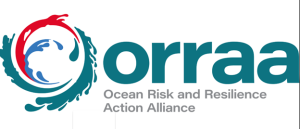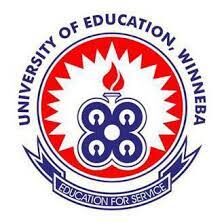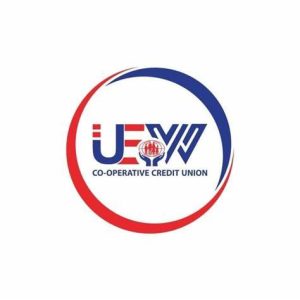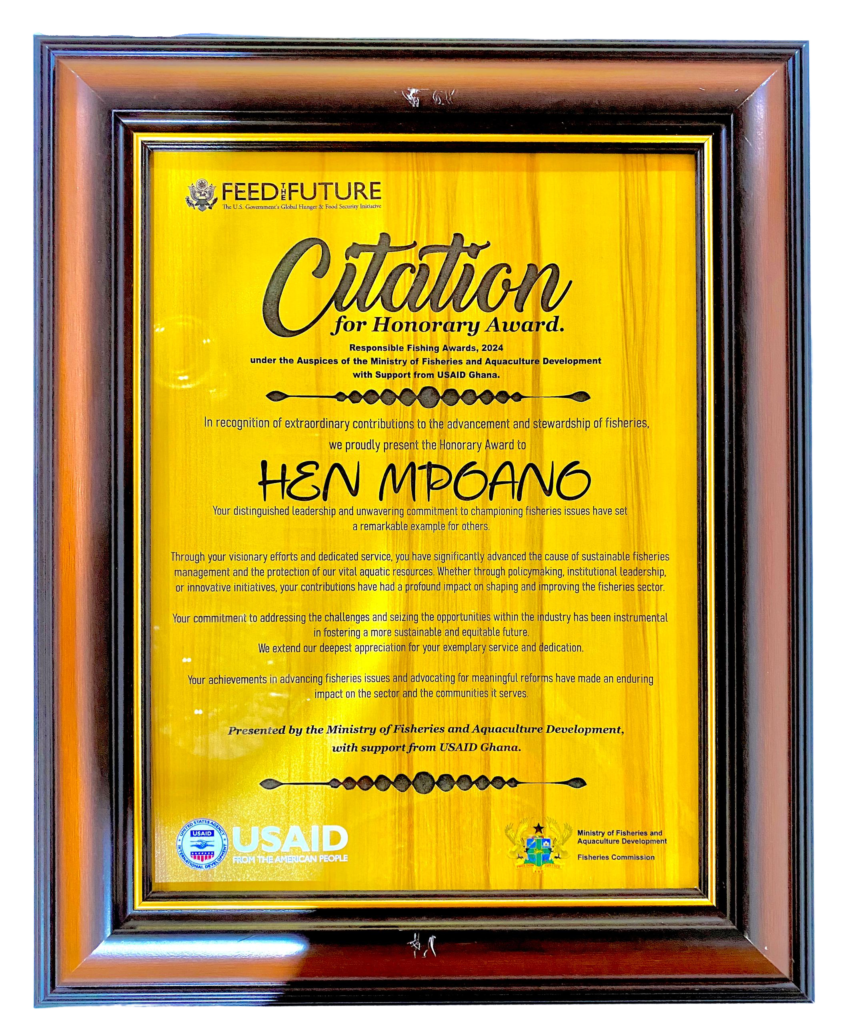Carbon Credits for Mangrove Farmers: A Pilot Study
Project Lead: The University of Education, Winneba-Ghana
Supporting Partners: University of Education Winneba Co-operative Credit Union [UEW-CCU] and Hen Mpoano
Financial Support: The UK’s Blue Planet Fund
Location: Ghana
Summary
The University of Education, Winneba-Ghana (UEW) and Hen Mpoano are piloting a voluntary community mangrove carbon credit (VCMCC) that will help farmers transition from logging to restoration.
Many farmers in Anyanui, Ghana engage in mangrove logging as a main source of revenue. To create coastal resilience, UEW aims to reorient the local circular economy and introduce other ecologically sustainable income opportunities to farmers. Namely by developing carbon credits and providing loan packages to pilot other alternative livelihood activities such as beekeeping, clam and oyster farming.
Once a VCMCC market is established, UEW intends to scale its operation to other degrading wetlands in Ghana and West Africa, such as Muni-Pomadze, Amanzule, and Songar.
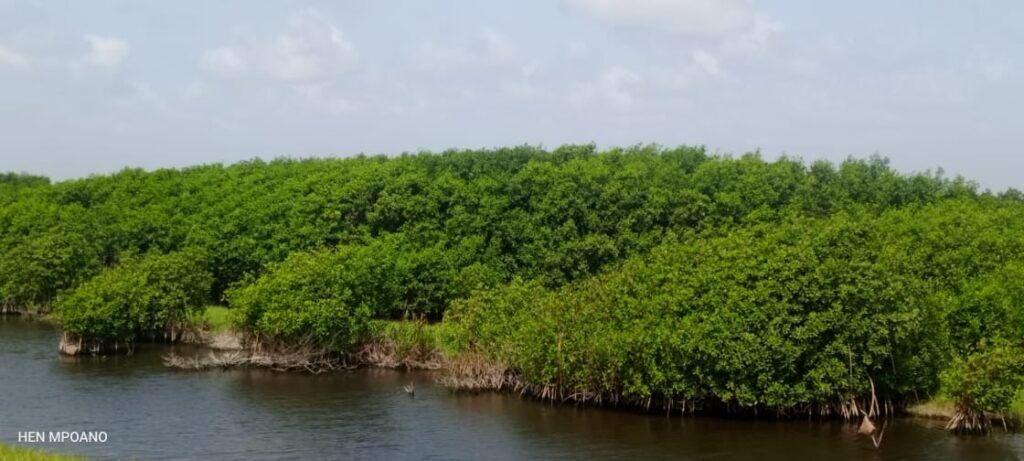
Challenge
Mangrove logging is a primary income source for farmers and households in Anyanui, Ghana. Despite the crucial role mangroves play as a natural carbon sink, efforts to promote their conservation are often overlooked or ignored, due to their economic importance and the limited availability of alternative productive agricultural lands1. Consequently, the community becomes more vulnerable to climate risks such as sea level rise, coastal erosion, flooding, and storm surge. This creates a detrimental cycle, often negating the short-term economic gains derived from logging.
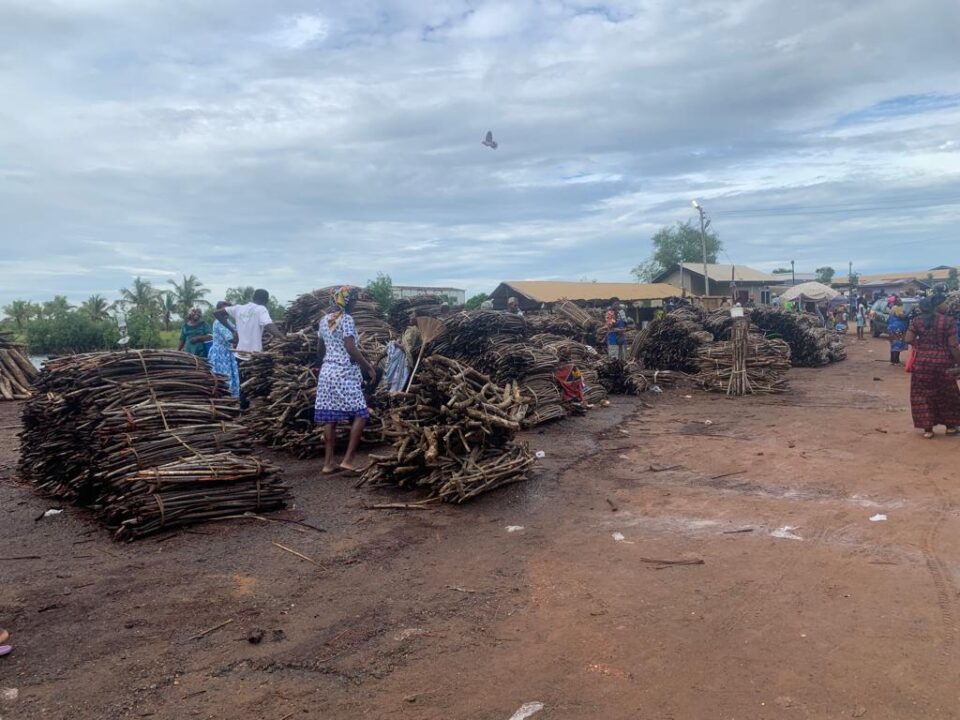
Solution
UEW will collaborate with the Government of Ghana and local international financial institutions in accumulating relevant data, skills and training to develop a viable VCMCC.
The pilot will be made up of four main activities. First, the university will consolidate stakeholder engagements and expert consultations on the VCMCC market’s development. This will be followed by mapping farms and farmers’ households’ socio-economic status to determine carbon levels, and biomass. In parallel, they will focus on enhancing farmers’ livelihoods through beekeeping, clam/oyster farming through the provision of loans. The final focus will be placed on creating framework and procedures for farmers to obtain carbon certifications.
Scaling and Next Steps
After the pilot research in Anyanui concludes, UEW, UEW-CCU and Hen Mpoano aim to continue collaborating with project partners and scale sustainable mangrove farms and develop an equitable VCMCC market to other wetlands in Ghana such as Amanzule, Songor & Muni-Pomadze and then other areas of West Africa.
